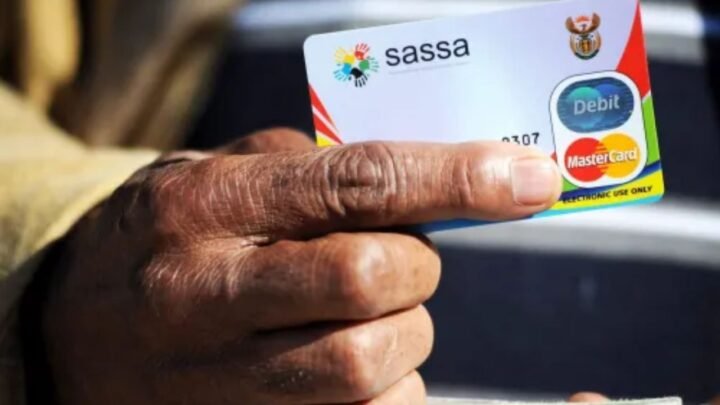
South Africa Social Grant – In 2025, South Africa is implementing significant increases in social grants and wages to support low-income households and address rising living costs. The government’s new budget outlines higher payouts for various social assistance programs, including the old age pension, child support grant, and disability grant. Additionally, the national minimum wage is set to rise, aiming to improve the livelihoods of workers in sectors like agriculture, domestic work, and retail. These changes come as inflation and unemployment continue to impact vulnerable groups, with the goal of reducing poverty and stimulating economic participation. Beneficiaries of these measures include millions of grant recipients and low-wage earners who have long struggled to meet basic needs. The wage hike will not only boost individual incomes but also inject more spending power into local economies. While some economists caution about potential inflationary pressures, the move is widely welcomed as a step toward greater social and economic equity in the country.

Social Grants 2025: Changes and Impact
The 2025 social grant increases will benefit a broad range of South Africans, from elderly citizens relying on pensions to caregivers of young children. The old age pension, for example, is set to increase by a notable margin, ensuring senior citizens can better afford essentials like food, healthcare, and transportation. The child support grant will also see an uplift, helping families manage the growing costs of raising children. Disability grants are being adjusted to match inflation, providing much-needed relief for those unable to work. These adjustments aim to protect vulnerable households from the erosion of purchasing power due to rising prices. The expanded social safety net is expected to have ripple effects on local economies, as more people will have disposable income to spend in their communities. Critics argue that sustained economic growth and job creation are also crucial for long-term stability, but the immediate relief from increased grants is undeniable for those in need.
Wage Hike 2025: Workers’ Gains and Challenges
The national minimum wage in South Africa will rise in 2025, marking a significant boost for low-income workers across multiple industries. Sectors such as domestic work, farm labor, and hospitality, which have traditionally offered lower pay, will see wage adjustments aimed at narrowing income inequality. For many workers, this means being able to cover more than just basic survival costs, allowing for better living conditions and the possibility of saving for the future. The increase is also expected to enhance productivity and morale, as workers feel more fairly compensated for their labor. However, some small and medium-sized enterprises express concern about higher labor costs, which could affect hiring or lead to price increases for consumers. Policymakers hope that the wage hike will stimulate consumption and reduce dependence on social grants over time. Overall, the move reflects a broader commitment to improving worker rights and fostering a more equitable economic environment.
Combined Effect on Households
When combined, the 2025 social grant increases and wage hikes could significantly uplift household incomes, especially in low- and middle-income brackets. Families relying on both wages and grants will see the most substantial improvement, enabling them to meet essential needs and plan for the future with greater security. This dual approach addresses both immediate poverty relief and the promotion of sustainable income growth through fair wages. The additional income circulating in communities is likely to benefit small businesses, encouraging local economic activity. Social researchers note that these changes could also have positive social effects, such as reducing stress-related health issues and improving educational outcomes for children. While the long-term success depends on economic stability and job creation, the short-term impact is a tangible boost in living standards for millions. The combination of targeted grants and wage policies signals a coordinated effort by the government to tackle inequality from multiple angles.
Economic Outlook and Considerations
Despite the positive reception to the 2025 social grant and wage increases, there are economic considerations to monitor. Higher consumer spending may stimulate economic growth, but it could also lead to inflation if supply does not keep up with demand. Businesses, particularly small enterprises, may face pressure to adjust to higher wage bills, potentially impacting employment rates in certain sectors. The government will need to balance fiscal sustainability with social welfare commitments, ensuring that increased grants do not strain the national budget excessively. Analysts suggest that complementary measures, such as skills development programs and job creation initiatives, are vital for maintaining the benefits of these income boosts over the long term. If managed effectively, the changes could help shift South Africa toward a more inclusive and resilient economy, where social support and fair wages work hand-in-hand to promote prosperity. The success of these reforms will depend on careful policy execution and ongoing economic monitoring.




